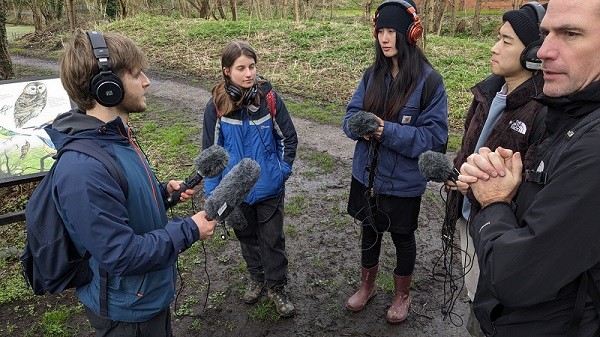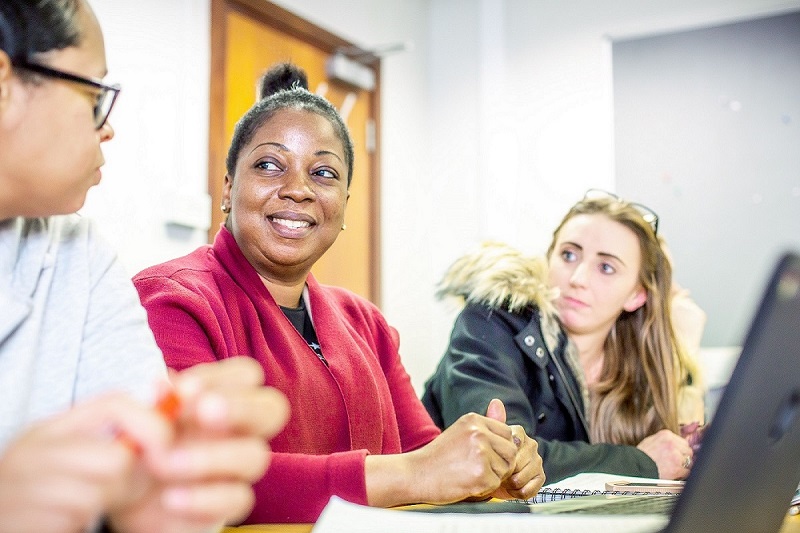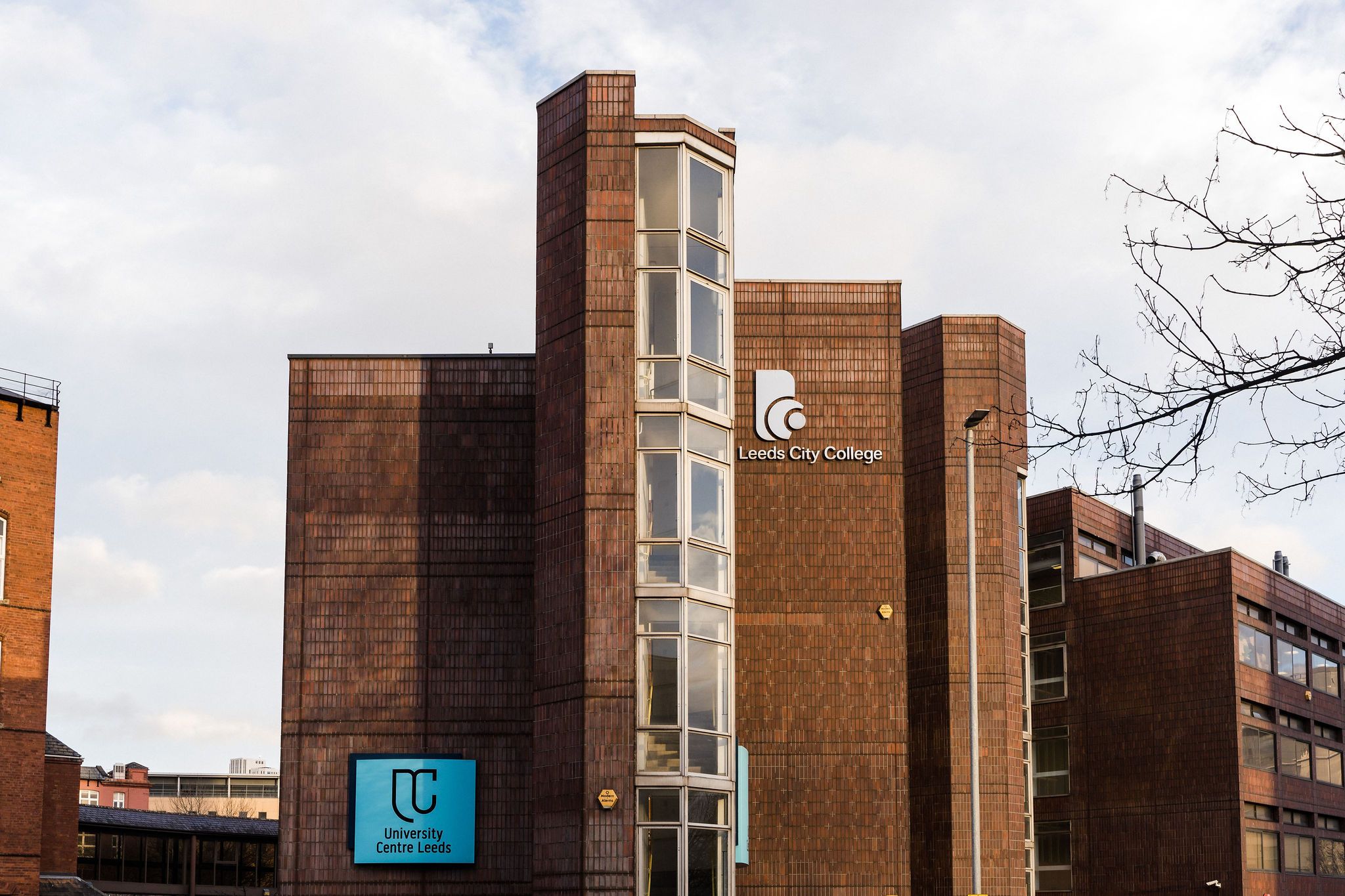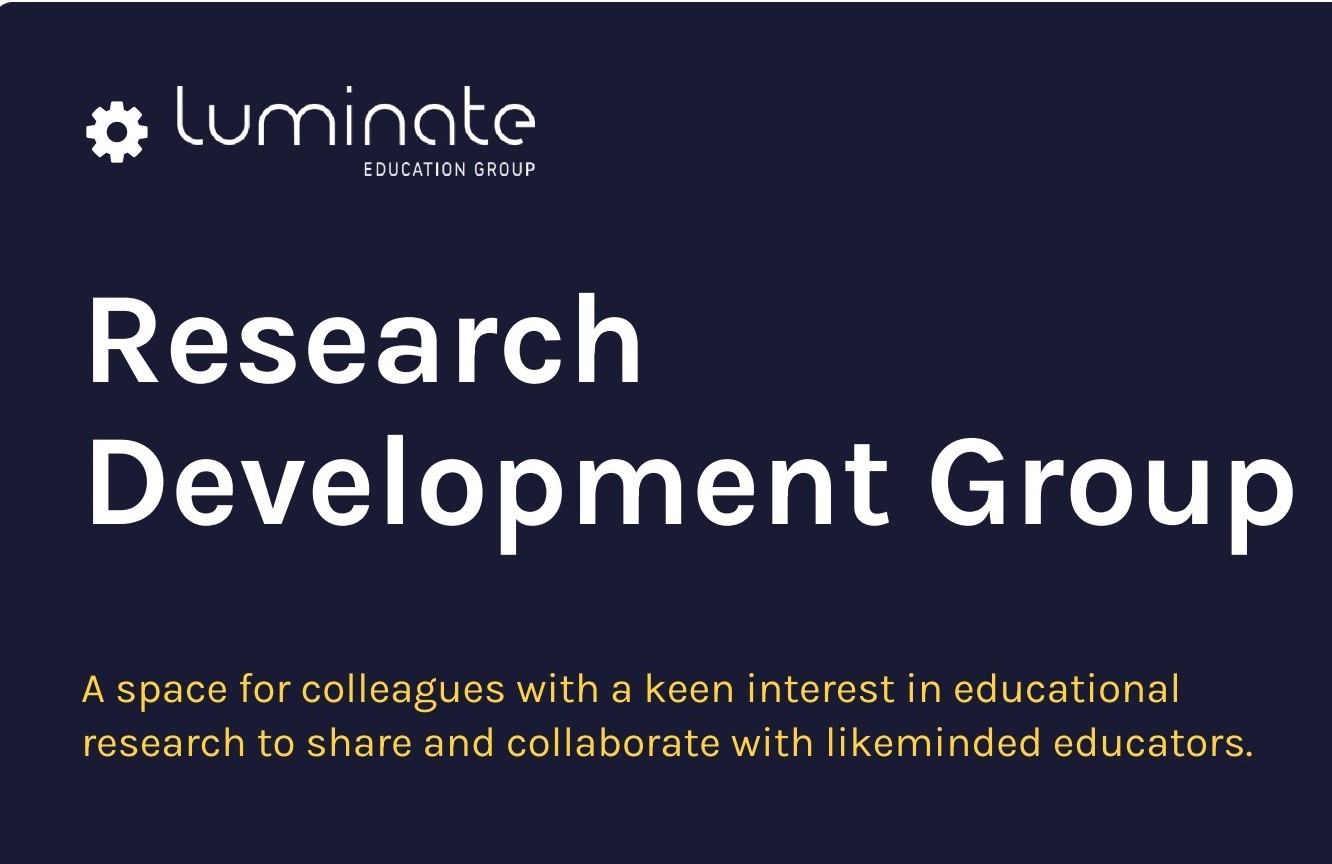
Conservatoire students are ‘going wild’ for sustainability
Leeds Conservatoire students have been recording the sounds of nature as part of a sustainability push by Yorkshire’s higher education (HE) institutions.
The Conservatoire initiative is featured in a new Yorkshire Universities (YU) report which describes an array of sustainability projects that are being undertaken by local HE providers.
The Good Practice Guide for Engaging Students with Sustainability through Service Learning also highlights how the regional HE sector’s collaboration efforts with external partners are helping students obtain real-world opportunities to use their skills to address local sustainability issues.
The guide is designed as a blueprint that can be used by other institutions wishing to drive student engagement with sustainability. It is the culmination of a 15-month, £20,000 pilot project funded by the UPP Foundation which included an audit of the extent to which the 12 YU member institutions embedded sustainability in their curricula.
Learning from the great outdoors
As part of the pilot, all 12 YU member institutions were given £1,000 to use towards boosting Sustainability Service Learning activity and providing experiential learning opportunities. Leeds Conservatoire enabled its students to carry out environmental field recordings and the feedback was very positive.
One said: “I really enjoyed exploring Leeds through a new lens and perspective, as well as having the opportunity to take field recordings through a variety of types of microphones which included zoom, shotgun, hydrophone and contact.
“I found exploring the way the natural world changed as we drew closer to the centre of the city especially interesting, and the discussions that it provoked were highly useful in creating a greater understanding of our relationship with nature.”
A further £3,000 was assigned as prize money to a Multi-University Challenge Day, organised in December 2023, which brought together 36 students – with a diverse set of skills and backgrounds – from across the 12 regional institutions.
The students were asked to form groups and develop ideas on how to engage more learners with sustainability – a topic that directly aligns with the Yorkshire and Humber Climate Commission Regional Climate Action Plan. The winners were then invited to give a presentation at the annual Student Sustainability Research Conference.
An inspirational pilot to engage more students
Monika Antal, Assistant Director at Yorkshire Universities, said: “YU is proud to have led this pilot and we hope this guide will inspire other institutions to learn from what works in our experiences across the region.
“The project demonstrated there is significant value for universities working in partnership to address sustainability challenges through Service Learning, which benefits communities as well as offering students valuable real-world opportunities and experiential learning.
“We also discovered that community partners benefit from a diverse range of student perspectives and small amounts of funding can help to engage a wider range of students who would otherwise not have got involved.”
Richard Brabner, Executive Chair at the UPP Foundation, added: “Embedding local sustainability projects within the curriculum is great news for the towns and cities universities are from, great news for students who learn vital skills for the workplace, and great news for universities as it improves their reputation. We were proud to fund this project and warmly welcome the report. We hope it inspires more student sustainability initiatives across the higher education sector.”








